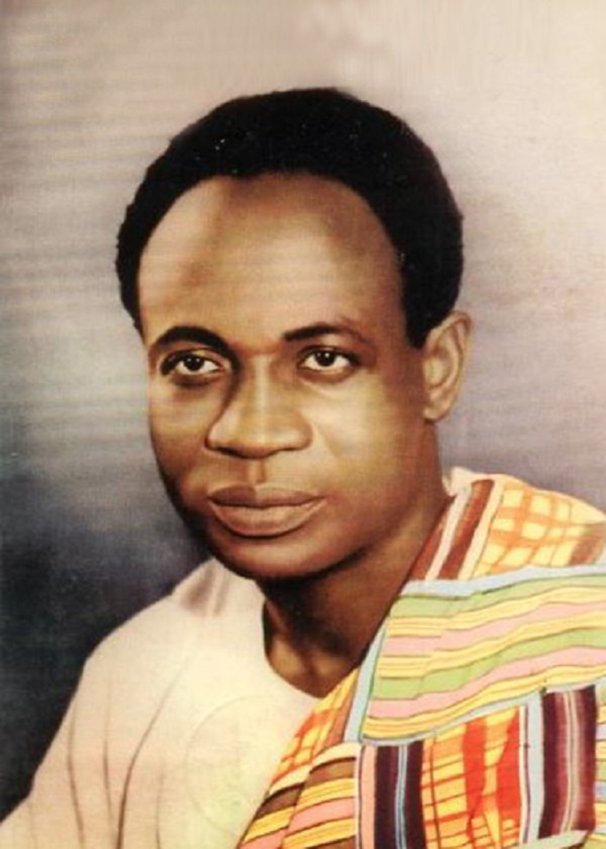
Since the New Patriotic Party administration took over the reins of government, it has proven that it can be relied on to manage public utilities, including water and energy resources.
Though government inherited a challenged water supply situation across the country, the record shows that it has invested hugely in the sector across the regions to improve the situation.
Even in overpopulated indigenous Ga and Zongo constituencies in the Greater Accra Region the situation has improved, despite the sprawling of settlements towards Nsawam and Kasoa.
As we may also admit, the cost of water consumption has been subsidised despite the recurring cases of illegal tapping in unregulated communities.
Again, how magnanimous it has been is reflected in the fact that during the COVID-19 pandemic, government, in an unprecedented manner, elected for almost a whole year to absorb costs to households, extending similar gesture to industry in preventing loss of jobs.
Particularly for vulnerable communities in regions outside Accra, government’s investment in water production and supply has been a source of veritable relief. This has not only helped in keeping health facilities and education amenities or markets and other public places decent, but also helped in enhancing local government sanitation programmes.
Credibility
It is therefore not surprising that from the Ashanti Region through the Savannah and North-East to some parts of the Upper East and Upper West regions, some traditional rulers have been sincere in admitting how different the ruling administration has been from the erstwhile National Democratic Congress administration.
Yet, Ghanaians would admit that such interventions have been rolled out against the background of an economy that had just exited an IMF programme, and has also been affected by the ravages of a pandemic and socio-economic consequences of a conflict in North-Eastern Europe.
Appreciating small mercies
It is against this background that the Daily Statesman believes that government’s plans to substantially improve access to water up to 87 percent should be lauded by all Ghanaians in all communities in encouraging the government to do more.
By the records, we have not witnessed any case of cholera for the past five years, while we have seen a drop in cases of typhoid. This is the result of government executing deliberate water and sanitation policy, sinking a staggering $740 million into water supply systems.
Social programmes such as these that are basic to development in line with global goals evidently improve the quality of lives of citizens in maintaining sound health to support economic activity and national development.
Additionally, it helps improve life expectancy, while preventing child mortality and maternal morbidity.
These would also culminate in a strong and vibrant population whose resources can be tapped to deliver in all sectors, in attaining other relevant development goals.
Supporting the initiative
Unfortunately, as government strives to put together resources to deliver such relevant and beneficial interventions, the nation is perpetually faced with the worrying saga of a section of the citizenry tapping illegally into pipelines, and evading being enrolled onto the billing system.
Then, we also have households that tamper with the metres to suppress original billing estimates, denying the state the much-needed revenue for improved water production and supply.
As lawful citizens and patriots, the Daily Statesman believes that we all have a collective responsibility to use water responsibly. We should also report others who bastardise our collective water resources in any form to the appropriate authorities for the necessary action and sanctions. In this case, we will be helping in protecting the public purse, and enjoy the full benefit of government’s investment in the sector.







